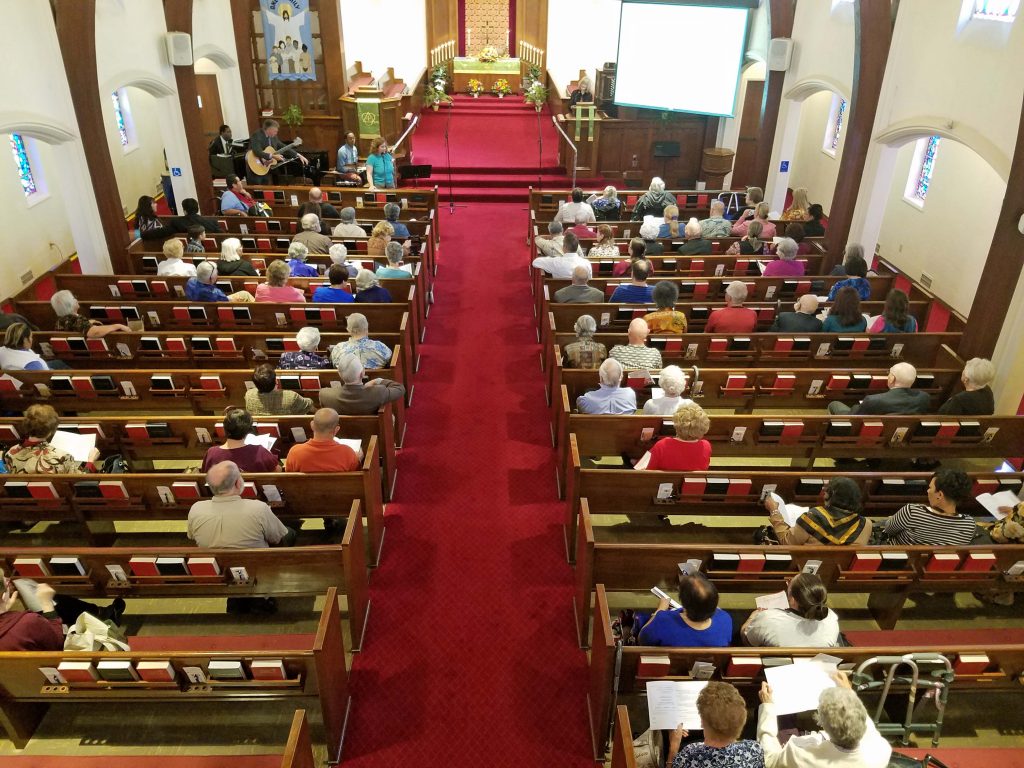

We celebrate las posadas, an old Hispanic practice in which groups of people dramatize the Joseph and Mary story by going from home to home singing and seeking lodging in an inn. During the four Sundays of Advent we await his coming with eagerness and expectancy. Since we lost our former identity, we identify with him in all aspects of our lives. We learned that we are born, live, die, and rise with him. Gradually we learned to live around two great feasts: the birthday of our Lord Jesus Christ and the Resurrection Day. Fortunately the cycles, the rituals, the seasons, and the traditions all had meaning for a people who had once celebrated the rural cycles of sowing, planting, and harvesting. Thus, becoming Christian was so confusing and sometimes devastating for our people that, if not for the similarities of rituals and practices between what the missionaries brought and what our people had always believed, we could have found nothing to relate to in this new religion. Many adventurers in our land, thirsty for gold and riches, did not hesitate to kill our people to own it. With our conversion we lost our identity. Leaving behind the disgrace brought by the conquerors, we say with the multitudes: "Salvation belongs to our God, who sits on the throne, and to the Lamb." Great sad and catastrophic events preceded our acceptance of the Christian faith: wars, slavery, plunder, and the rape of our women. Our Pentecost, then, is more apocalyptic than prophetic, ingrained in Revelation 7:9-10.

Pentecost-and Christianity-came to us with the missionaries, the crucifix in one hand and the whip in the other. We did not have "tongues of fire" that separated and came to rest on us to give us the power to understand and proclaim the gospel instead we faced the fire of the guns that our conquerors used to force us into submission. The only wind that we remember is one that blew the caravels' sails and transported the conquerors and missionaries to our shore. Our Pentecost does not start with a "sound like the blowing of a violent wind came from heaven and filled the whole house" as Acts 2 relates. It is hard to think of a Hispanic Pentecost isolated from the church year and the Spanish influence. Throughout the church year-from Advent to Pentecost-our worship is strongly influenced by our Hispanic history and traditions as well as those of the Reformed faith. |We will celebrate it in our 'special way at The Servant of Our Lord Church-just as we celebrate all the days and seasons of the church year. Candles, vestments, colors, church seasons, and religious processions are all part of this congregation's worship experience.

Worship services in this church are designed to meet the needs of part of the Hispanic community in the Chula Vista area.īecause he ministers to many who were at one time Roman Catholics, Machado is careful to include in his worship services elements from that worship tradition which make his congregation's worship unique, rich, and meaningful. Federico Machado is the pastor of The Servant of the Lord Church (Iglesia El Siervo Del Senor) in Chula Vista, California.


 0 kommentar(er)
0 kommentar(er)
